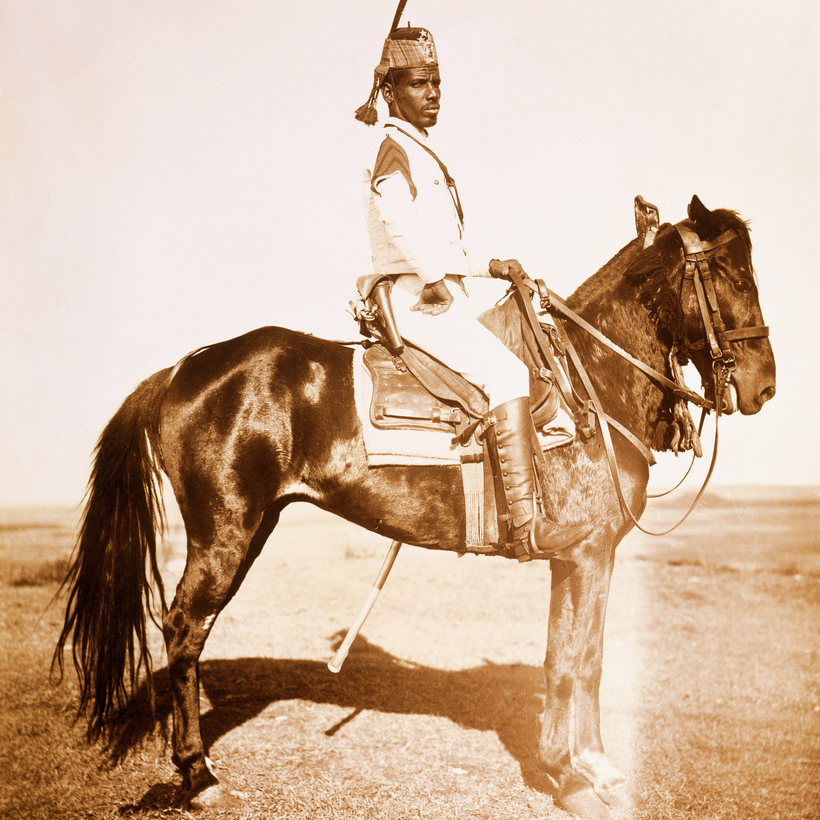Afterlives by Abdulrazak Gurnah
When Abdulrazak Gurnah won last year’s Nobel Prize in Literature, he spoke about developing a way of looking that “makes room for frailty and weakness, for tenderness amid cruelty, and a capacity for kindness in unlooked for sources.”
The 73-year-old Gurnah, who grew up in Zanzibar, became only the second Black African writer—Wole Soyinka, of Nigeria, being the first, in 1986—to win literature’s top international award. Up until then his novels and short stories had been studiously ignored by most American publishers. That suddenly changed with his 10th novel, the forthcoming Afterlives, which provoked a bidding war and ultimately led to its being snagged by Riverhead Books.


